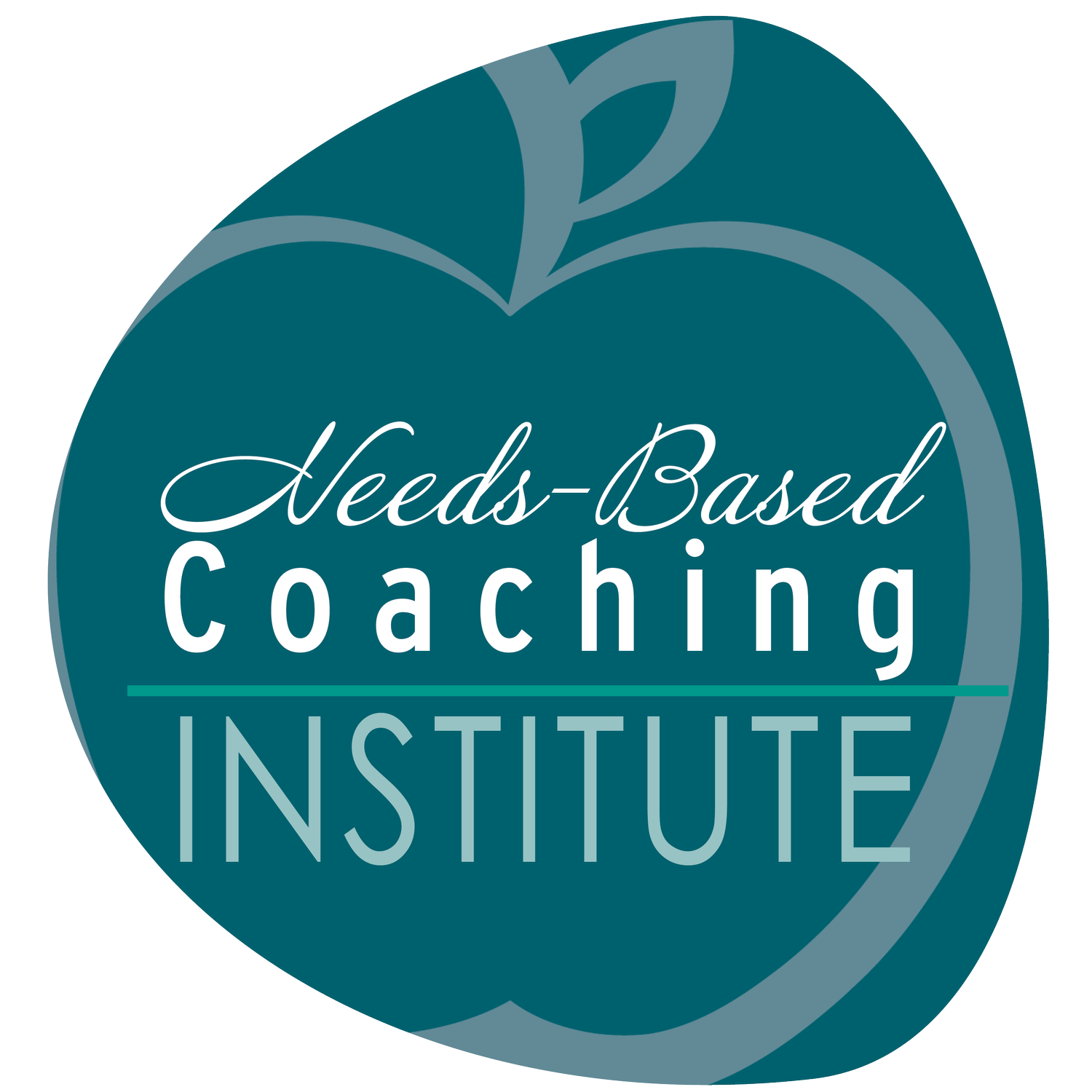The evolution of Nonviolent Communication
Is NVC perfect, or does it evolve in response to our ever-changing world? This is a question that divides people. And I am a yes to both.
One of the beauties of Nonviolent Communication is the simplicity of the model. Four memorable steps that apply to self-connection, understanding the other, conflict resolution, child rearing, apologies, feedback, improving intimate relationships, yes, basically all human interactions.
Marshall developed Nonviolent Communication over three-four decades, adding teaching points and key differentiations in response to how the communication process worked in real life situations, in dialogue with committed practitioners.
He passed away eight years ago, and the world has kept spinning. Today, knowledge about our nervous system and trauma responses has spread, letting us grasp why it is difficult to change our habitual responses to other people. We know how the body and the emotional system are connected. We know about group dynamics in a world with historical and present marginalization for some and privilege for others, affecting safety and confidence in communicating.
Would Marshall have incorporated some of this into NVC? We will never know.
When I fell in love with NVC 22 years ago, I saw it as the path to resolving any clash I experienced within myself, with other people, and in the world. It was the remedy in a world in trouble. When it didn’t bring me the desired results, it was because I hadn’t integrated it fully yet, I thought.
Now, my fascination has become more mature and I notice NVC has its limitations as everything else has. My integration of NVC is far from total, and yet, it is enough. How can we possibly change the world, one heart at a time, if it takes more than two decades of committed practice to get to a place where I can trust it does what it is meant to do - connect across differences?
I am still infused with the perception of other people acting in response to their human needs, which opens compassionate understanding and curiosity about how we can make life more wonderful for each other.
I’ve also met dozens of people on my journey for whom my feelings- and needs guesses did not stimulate connection. People for whom expressing feelings and needs were not available and my suggestions just created defensiveness. In my practice as a catalyst for inner reconciliation and empowered living, I’ve added to my palette another set of colors: The Needs-Based Coaching colors.
While I have my legs and ears solidly grounded in NVC, I can use a range of other approaches to track the aliveness of my clients and what is blocking their expression, and I love the freedom it offers us both; to express through metaphors, to explore sub-personalities within, to focus on the cultural legacy the client implicitly carries with them, or to explore the beliefs they hold about themselves and the world, to just name some of the options.
The well-known NVC processes like The Four Chairs, roleplays, and self-empathy is still on my kitchen shelf and I use them as it is appropriate in the meal I prepare with my clients. Most of all, I remain humble in my client interactions, never assuming I know better than the other.
How this unfolds in a supporter-supported relationship as coach and client is what I will share and teach in the upcoming 2-part workshop: NVC-processes in coaching, happening …
And back to the original question: Does NVC evolve or does it remain as Marhall left it to us? I’m not calling my offerings NVC if they contain elements from other methodologies. I call it ‘Coaching based on NVC’.
And when it comes to understanding and embracing the fullness of people’s experience, I use the words that they feel seen and understood through, even though some of Marshall’s followers call them judgements.
I am convinced that our historical conditioning is informing how we show up today - as it lives on in our brain. Even though every person shares the same universal needs, we don’t have the same access to formulating ourselves, or to gather the courage to express what is important to us due to personal and intergenerational trauma. The outer experience of being kept away from power over our own life translates almost automatically into shame and self-blame. This impacts some of us so much that I believe it needs to be named for these people to feel fully recognized. Using words like ‘marginalization’ and ‘privilege’ catch these experiences as observations. So that we get to understand the people we support on their own terms.
Join us on … and learn how we can integrate our beloved NVC processes in coaching and vice versa.
Read more about NVC processes in coaching here.
